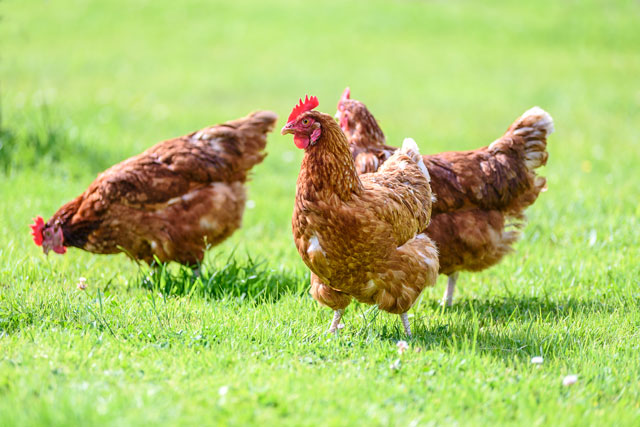
KAMPALA, UGANDA | THE INDEPENDENT | The Ministry of Agriculture, Animal Industry, and Fisheries (MAAIF) has dispelled fears of a poultry disease outbreak in Masaka, following the discovery of over 35,000 dead poultry in the area.
Last month, poultry carcasses were found dumped at multiple sites in Masaka City, sparking public alarm. Social media amplified the fears with viral posts suggesting a mysterious disease outbreak and urging people to avoid consuming chicken from the region.
In response, MAAIF, in collaboration with Masaka City officials and the College of Veterinary Medicine, Animal Resources, and Biosecurity (COVAB), conducted an investigation.
During a plenary session in Parliament on Thursday, State Minister for Agriculture, Lt. Col. (Rtd) Bright Rwamirama, presented the investigation’s findings, confirming that laboratory tests ruled out Highly Pathogenic Avian Influenza (HPAI), Newcastle Disease (NCD), and Infectious Bursal Disease (IBD).
“Laboratory results confirmed that the specimens were negative for the feared avian diseases. Instead, post-mortem reports indicated bacterial pneumonia and the presence of foreign particles in the chickens’ lung tissues,” Minister Rwamirama stated.
HPAI is globally recognized as the most dangerous poultry disease due to its potential to infect humans, as well as wild and domestic birds. Although NCD and IBD do not pose a threat to human health, they are notorious for causing significant poultry fatalities.
Rwamirama noted that Uganda does not vaccinate against HPAI, as the disease is not endemic to the country, unlike NCD and IBD, which are managed through routine vaccinations in commercial poultry farms.
The investigation traced the mass death to a single farm in Kalagala village, Nyendo-Mukungwe sub-county, where over 3,500 chickens died due to respiratory infections. The findings linked the deaths to overcrowded and poorly ventilated housing conditions, exacerbated by dust.
The Minister advised the farmer to reduce stocking rates, improve ventilation in housing structures, and seek regular veterinary services to prevent future occurrences.
The results come at a time when Masaka District authorities had restricted the slaughter of chickens in the city to contain the spread of the suspected disease, fearing it could wipe out all domestic birds in the area
*****
URN
 The Independent Uganda: You get the Truth we Pay the Price
The Independent Uganda: You get the Truth we Pay the Price


